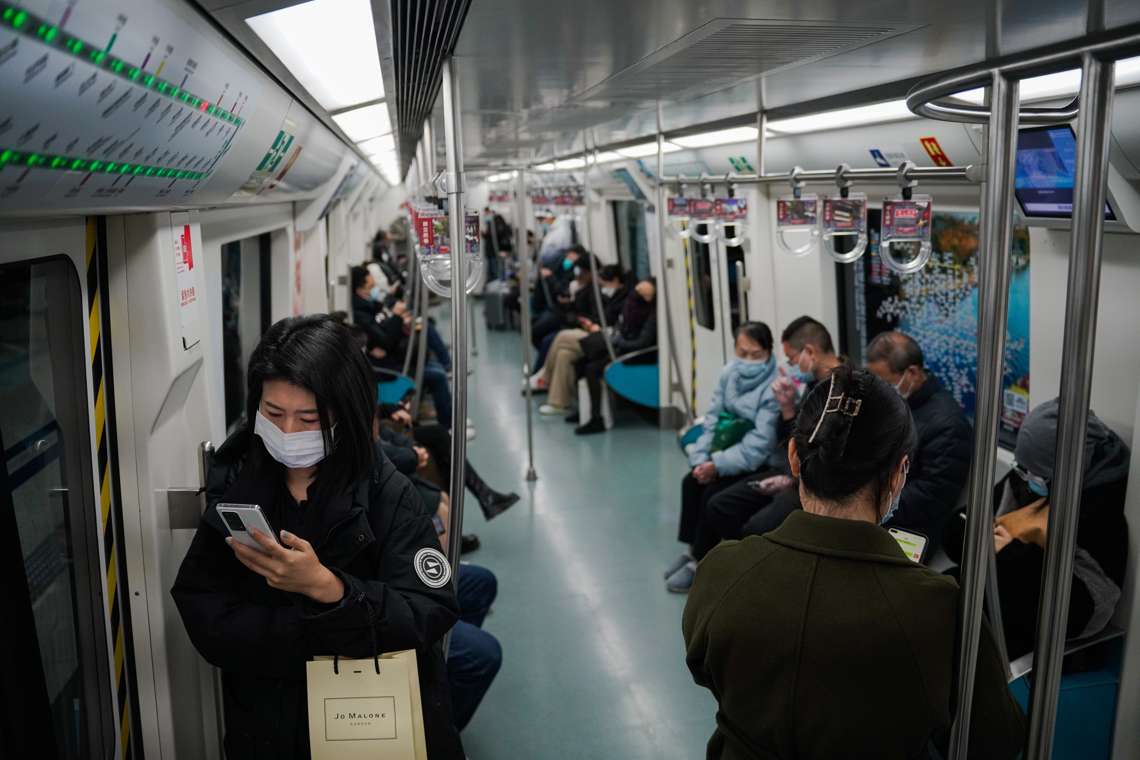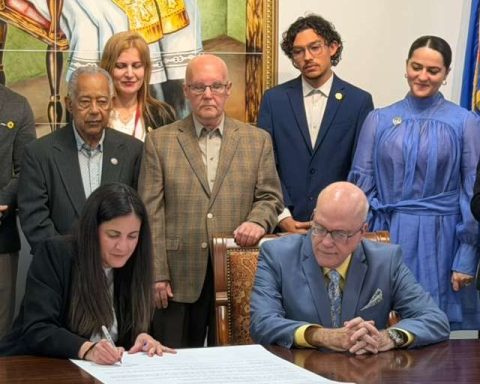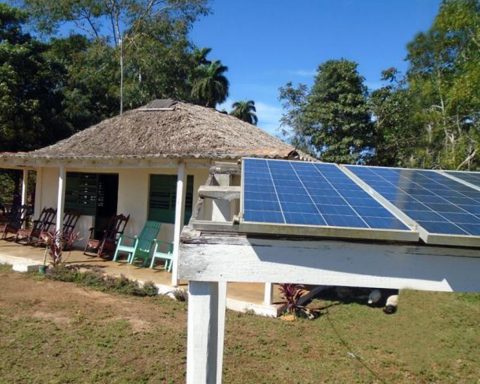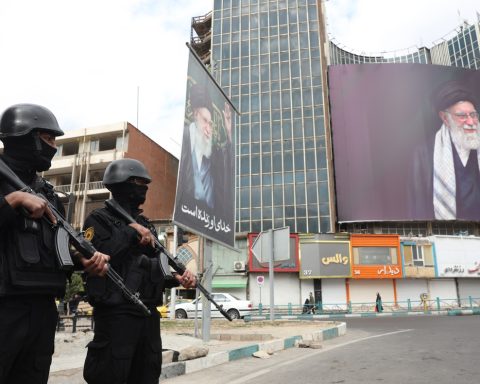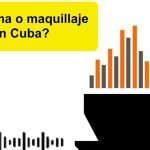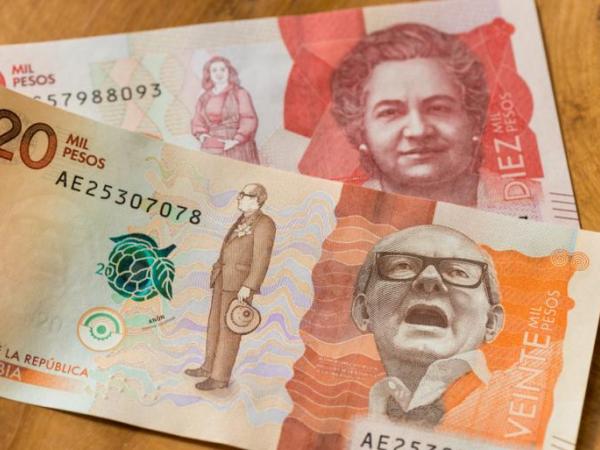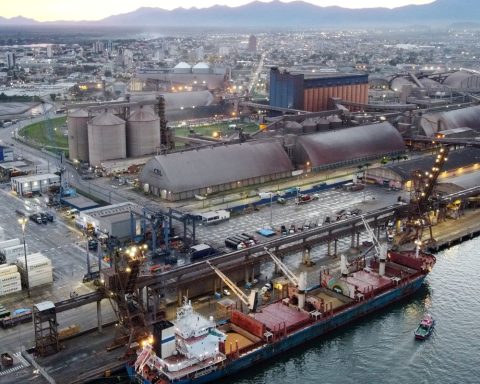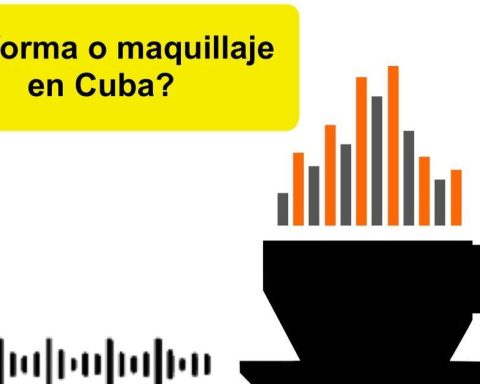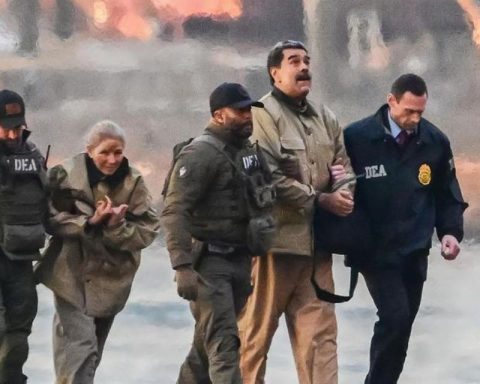Businesses reopened and coronavirus testing requirements were eased on Monday in Beijing and other cities Chinawhich began to relax its strict “zero covid”, origin of a wave of protests throughout the country.
Local authorities began the slow dismantling of the restrictions in place in recent years, prompted by government orders to adopt new ways to combat the coronavirus.
In Beijing, where many businesses are open, a negative test corresponding to the last 48 hours is no longer required to board public transport, says a report from afp. Meanwhile, in Shanghai, a financial hub that endured a two-month lockdown this year, residents were allowed to return to open spaces such as parks and tourist sites without the need for a test.
Hangzhou went further by abolishing mass testing for its 10 million people, except for those who visit or live in nursing homes, schools and kindergartens. In the northwestern city of Urumqi, where a fire that killed 10 people catalyzed the wave of protests against the lockdowns, supermarkets, hotels, restaurants and ski resorts reopened on Monday.
The city of more than four million people in the Xinjiang region faced one of the longest lockdowns in China, with some parts closed from August to November. Authorities in Wuhan, where the coronavirus was first detected, and in Shandong on Sunday lifted the testing requirement for using public transportation.
Zhengzhou, home to the world’s largest iPhone factory, announced on Sunday that people will be able to access public places, take public transportation and enter residential buildings without requiring a 48-hour Covid test.
In addition, it points efesome places allow those infected with COVID-19 or their close contacts to quarantine at home, which is a departure from the guideline of recent years, which required isolation in hospitals or quarantine centers, some of them in poor sanitation.
The Chinese state press, which had focused on highlighting the dangers of the covid, now changed its tone in light of the relief of the measures. The business environment yicai He quoted an unidentified health expert on Sunday as arguing that strict sanitary rules should be toned down.
The World Health Organization (WHO) commemorated the relaxation of China’s zero covid policy, after hundreds of people took to the streets in various cities to demand greater political freedoms and an end to confinement.
Vice Prime Minister Sun Chunlan, in charge of overseeing the “zero covid” policy, assured last week that the low pathogenicity of the virus and the high vaccination rate of more than 90% of the population, among other factors, had “created the conditions” for the country to “adjust the measures against the pandemic.”
Fed up with the restrictions had led to protests in cities such as Beijing, Shanghai, Canton or Wuhan. While some measures to stop the rise of the pandemic have been softened, the Chinese security apparatus has prevented more protests, with more internet censorship and more surveillance of the population, the French agency points out.
With information from Afp and Efe.
